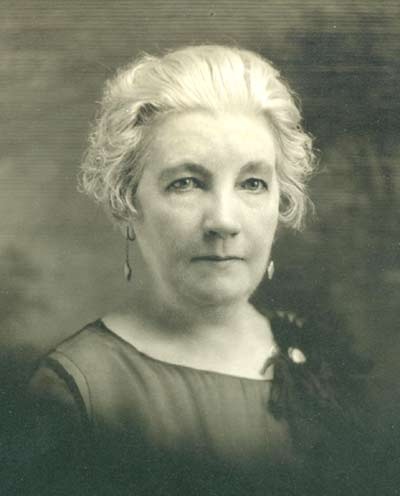The most recent issue of National Affairs includes an article by Meghan Clyne called “Lessons in Liberty from Laura Ingalls Wilder.” It’s a fascinating read from one of my favorite journals. Here are the concluding paragraphs:
To be sure, the frontier — and, with it, Wilder’s world — disappeared long ago. Few would mourn its passage: It was a world of hardship and danger that most of today’s Americans are, understandably, grateful to have been spared. But though Wilder’s stories may be rooted in a vanished pioneer past, and though they were originally intended for the bygone era of the Great Depression, her message — her lesson in liberty — is no less crucial and true today than it ever was. It is a lesson, above all, about the proper aspirations of a free people — and, as such, is bound to be timeless.
The dependence on government that pervades American life today is, more than anything, a threat to those proper aspirations. It too often leaves us looking to others to meet our needs and wants — from the basic materials required to sustain life to the higher-order pursuits yearned for by the mind and spirit. It subtly persuades us that we cannot fend for ourselves without state-sponsored support — and so saps our willingness to try. When trouble arises, today’s Americans are too infrequently willing to roll up our sleeves; instead, we fold our arms and wait for an official.
Among the effects of such an attitude can be a loss of personal liberty, as the government we permit to act for us constrains our options and pushes us around. This has tended to put us in mind of the tyranny our nation’s founders sought to overthrow, and so has led some Americans to imagine that we are in the same position. But we are not: Our problem is not a foreign oppressor, but rather our own failure to grasp the preconditions for truly living free. It is not that we are denied our liberty, but that we do not want it — that we do not aspire to live as self-reliant citizens.
The historical model we need, therefore, is not so much an example of overthrowing tyranny as one of living out our freedoms. That is what we require to keep the American spirit alive, and the American experiment running. Fortunately, we have just such a model at hand: We can, and should, look to the pioneers, and learn from their most gifted chronicler.
Our time calls for a renewed appreciation of Laura Ingalls Wilder as a teacher of liberty. Her books make accessible to the rising generation a vision of freedom deeply rooted in virtue: a vision that posits a balanced ideal of ordered liberty between the extremes of overbearing government and radical individualism; a vision of the free life that is also a vision of the good life. Among American writers, Wilder’s work is exceptional as a means of interpreting our political inheritance, and of teaching our children how to be free. Hers is precisely the lesson in liberty we need
.


